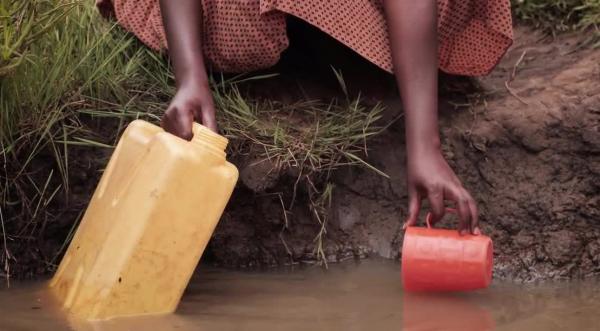Harare declares emergency amid cholera outbreak
22 Nov 2023 by The Water Diplomat

The city of Harare, the capital of Zimbabwe, declared a state of emergency on the 17th of November following an outbreak of cholera in the city in which 123 cases and 12 fatalities were recorded. 80% of the cases in Harare were registered in the high-density suburb of Kuwadzana in the northwest of the city. However, according to the Harare city health director Dr Prosper Chonzi, almost all of the city’s suburbs had reported cholera cases. The health ministry is working in a coordinated effort with local authorities and relief and aid groups to double the supply of safe potable water in affected areas and carry out awareness campaigns. The government is advising people to avoid buying at unauthorized vendor stands, open air marketplaces, and is advising not to attend church camps.
The 2023 cholera outbreak in Zimbabwe started in February and has gradually spread to 45 out of the country’s 62 districts, with the highest incidences in Harare and in Manicaland in the east of the country. By the 7th of November, nationwide, Zimbabwe had registered 6,685 suspected cholera cases and 136 suspected cholera related deaths by the end of the first week of November. On the 17th of November the International Federation of Red Cross and Red Crescent Societies (IFRC) launched an emergency appeal for 3 million Swiss Francs to support the Zimbabwe Red Cross Society (ZRCS), as the health needs exceed available resources and immediate was required to respond adequately to the outbreak. IFRC had previously allocated CHF 464,595 from its Disaster Response Emergency Fund (DREF) to support the relief efforts.
Zimbabwe experienced its worst cholera epidemic in 2008, when more than 100,000 cases were reported and more 4,000 people lost their lives. This occurred amid a political and economic crisis in the country which undermined an effective response by health officials. In 2018, another major outbreak took place in which more than 10,000 cases were reported and 69 deaths. In this case, it was also Harare which was the most affected by the outbreak.
The municipal water system of Harare is faced by a number of interlocking challenges. The water supply system dates from the 1060’s and provides some 704 000m³/day of water to the city, which is estimated to cover less than 40% of demand. The Harare Water Department is mandated to supply water to Harare and neighbouring towns of Chitungwiza, Epworth, Ruwa and Norton Town. The infrastructure itself is outdated and poorly maintained. In combination with poor solid waste and wastewater management and low levels (43%) access to sanitation, these conditions contribute to ongoing vulnerability to cholera outbreaks. A project is underway with Vitens Evides International to improve service levels through a variety of factors including training on leadership and business planning, attracting investment, involving local communities, and reducing non-revenue water (leakages and metering and billing).
